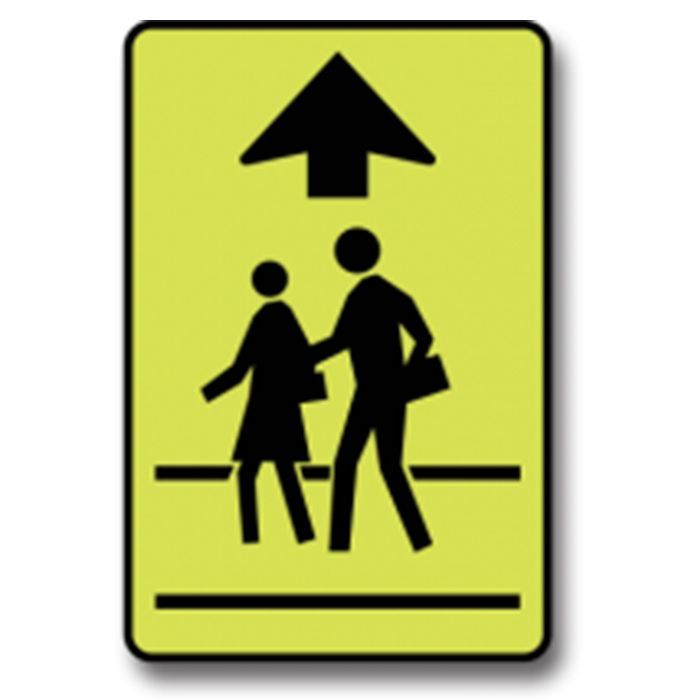When the traffic light is red, you must stop, proceed only when the signal turns green and when the way is clear.
You may not carry any person in any trailer (including a house or boat trailer) when it is being towed. (Page 143 of MTO Driver's Handbook)
All the answer options are examples of situations where it is dangerous or unlawful to make a U-turn.
As a fully licensed driver, you may have to go to an interview to discuss your record and give reasons why your license should not be suspended. You may also have to complete a driver re-examination. If you fail this test, your licence can be cancelled. If you fail to attend an interview, or fail to give good reasons for keeping your licence, it may be suspended.
In a vehicle with manual transmission, try shifting into a lower gear going down long, steep hills. This will help control your speed and you won't have to brake as sharply. Downshift before starting downhill since it may not be possible once you are going downhill.
When approaching a Yield sign you must always slow down, come to a full stop if necessary, and yield right-of-way.
Straighten out your steering wheel slowly. Don't turn your steering wheel in different directions while trying to correct the skid; work on one direction at a time. If you've oversteered and the vehicle slides in the opposite direction, repeat the same procedure as before. Always steer in the direction you want to go.
Advertisement
Cellular phones can be an important safety aid for drivers, but using a cellular phone while driving takes a driver’s attention away from the task of driving and increases the risk of collision.
If another driver is about to overtake your vehicle, you should move to the right and let them pass.

This is a “School Crossing Ahead” road sign.
This is a “Hidden School Bus Stop Ahead” road sign.
The driver is showing that s/he is about to turn left.
This sign indicates that there may be water flowing over the road.
A regulatory sign with a green circle means you may or must do the activity shown inside the ring, hence, it is a permissive sign.
Advertisement
When approaching a construction area, drivers should always slow down and yield the right-of-way, if necessary.
To make a left turn, signal well before the turn and move into the far left lane, but still to the right of the yellow dividing center line, to make sure you are not blocking the way for the oncoming traffic.
The police can instantly suspend a driver's license for up to three days for a first offense if they observe them operating a vehicle with a blood alcohol content (BAC) between 0.05 and 0.08. This range is typically referred to as a low-level impairment, and it is considered illegal to drive with a BAC within this range in many jurisdictions. The specific legal BAC limits and penalties may vary by country or state, so it's essential for drivers to be aware of the laws in their local area regarding impaired driving. Driving under the influence of alcohol is dangerous and illegal, and penalties are imposed to deter individuals from engaging in this risky behavior. If you plan to consume alcohol, it's best to make alternative transportation arrangements such as using a designated driver, public transportation, or rideshare services to ensure everyone's safety on the road.
When it comes to roadways with a median, the rules for pausing for school buses vary depending on the jurisdiction and local traffic laws. In some areas, when a roadway has a median (a physical barrier or space separating opposing lanes of traffic), drivers traveling in the opposite direction of the school bus may not need to stop for the bus with flashing red lights. However, drivers on the same side of the road as the stopped school bus are typically required to stop and wait until the bus's red lights stop flashing, the stop arm is retracted, and the bus begins to move again.
In many countries, the default speed limit in built-up regions of cities, towns, and villages, when there are no posted speed limit signs, is typically 50 km/h (approximately 31 mph). This speed limit is established to ensure the safety of pedestrians, cyclists, and other road users in densely populated areas where there is a higher likelihood of interactions between vehicles and vulnerable road users.
Turn signals, also known as blinkers or indicators, are required for drivers to notify other road users of their intention to make a turn or change lanes. They play a crucial role in promoting road safety and ensuring smooth traffic flow by providing important information to other drivers, oncoming traffic, and pedestrians.
Click for next FREE G1 Test
G1 Rules of The Road Marathon #5